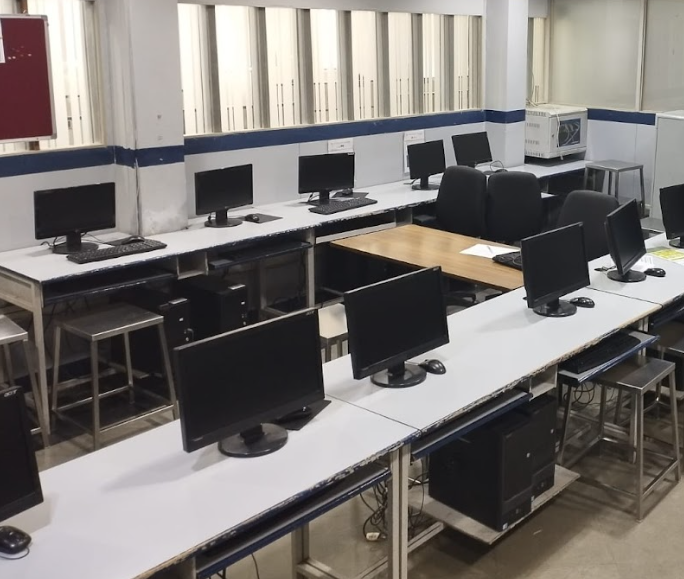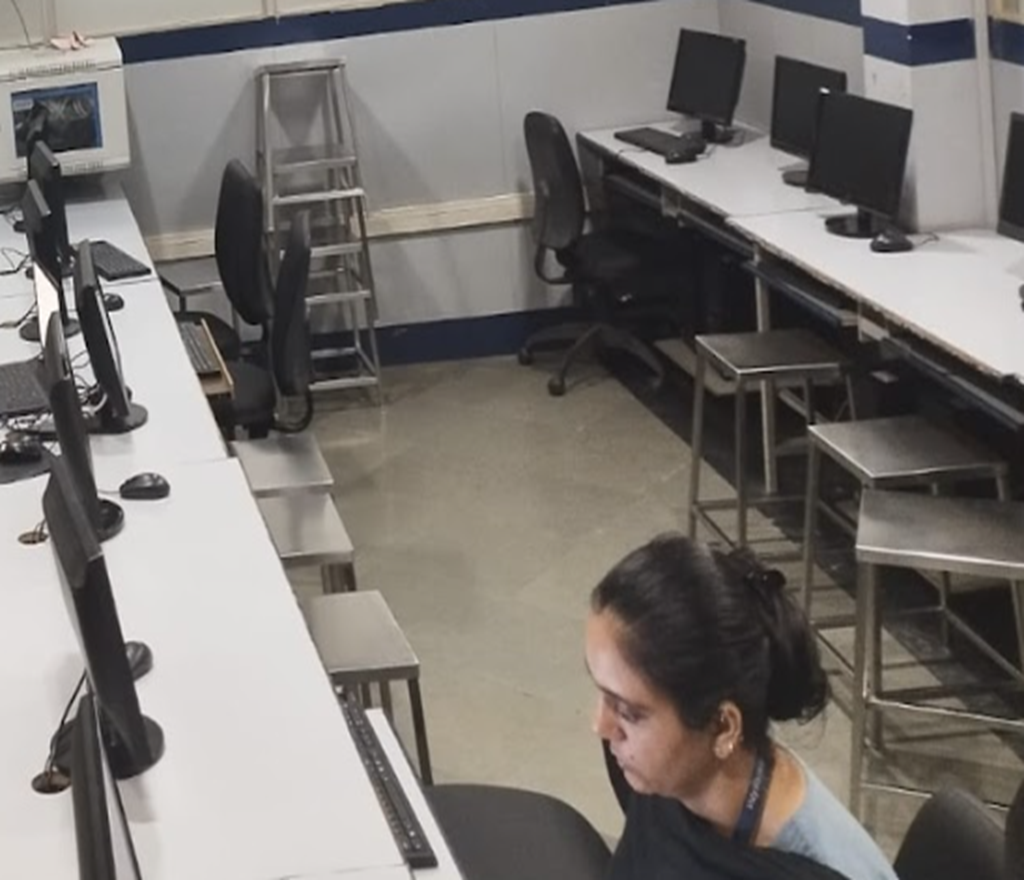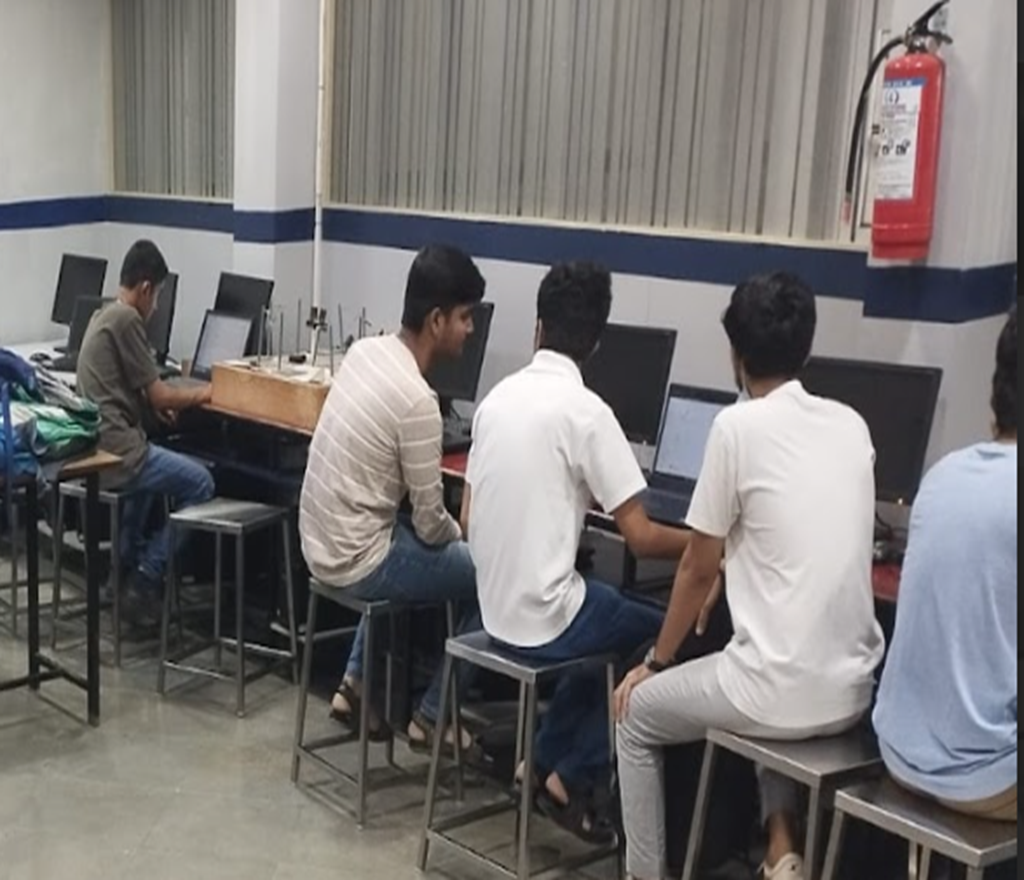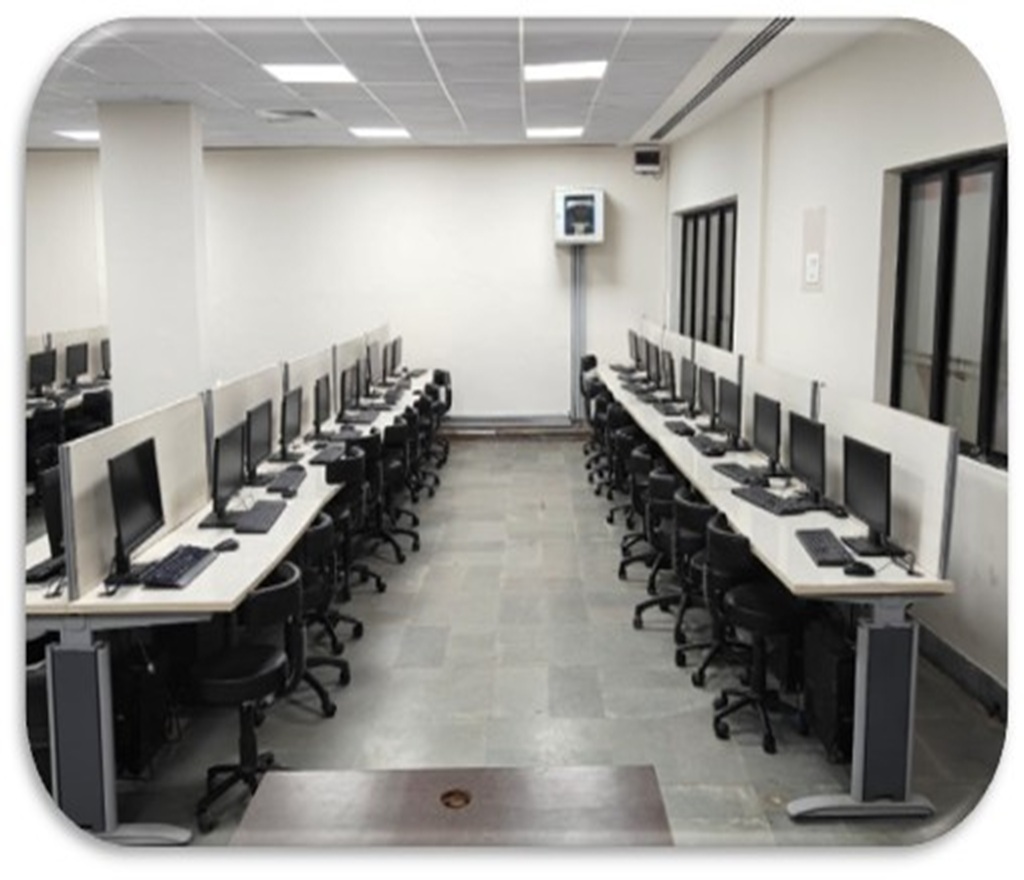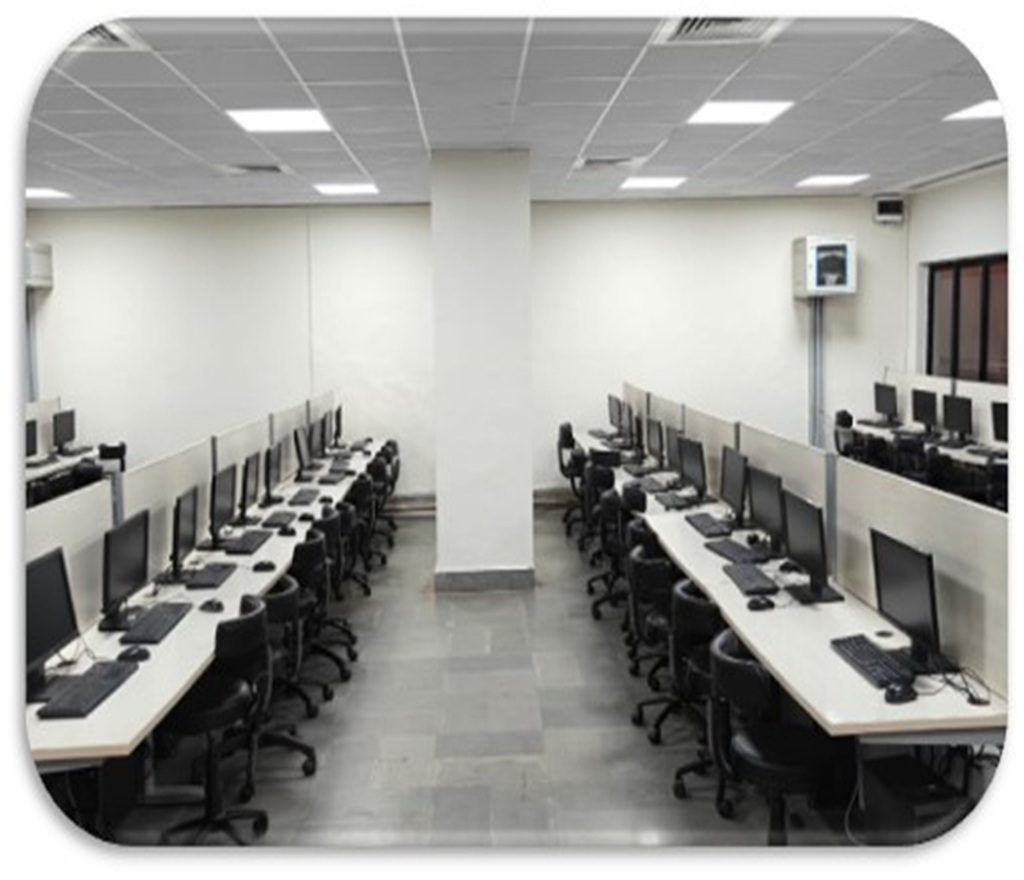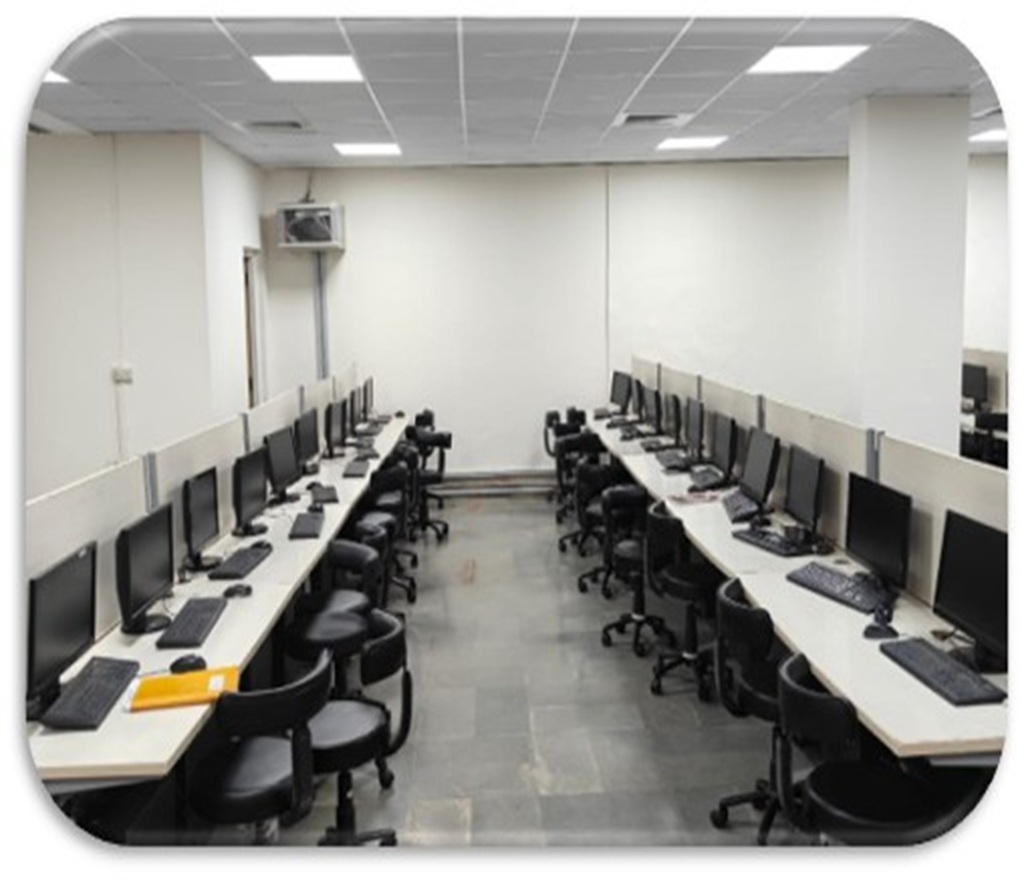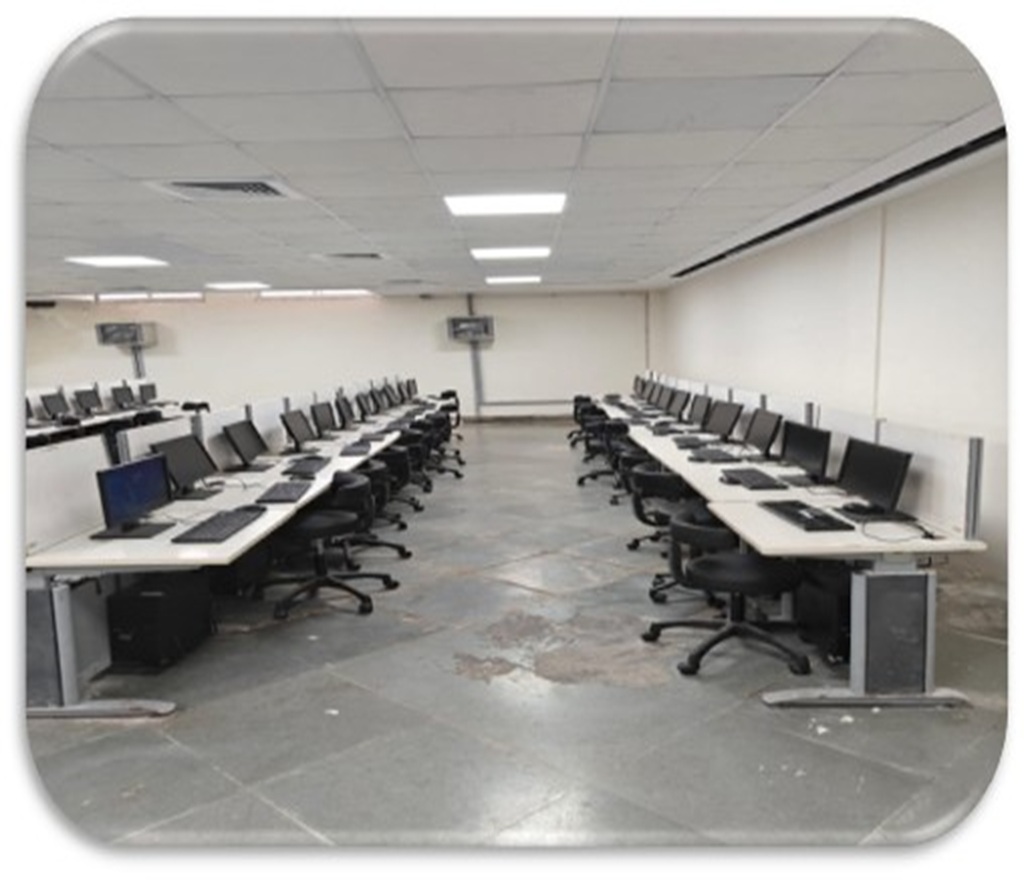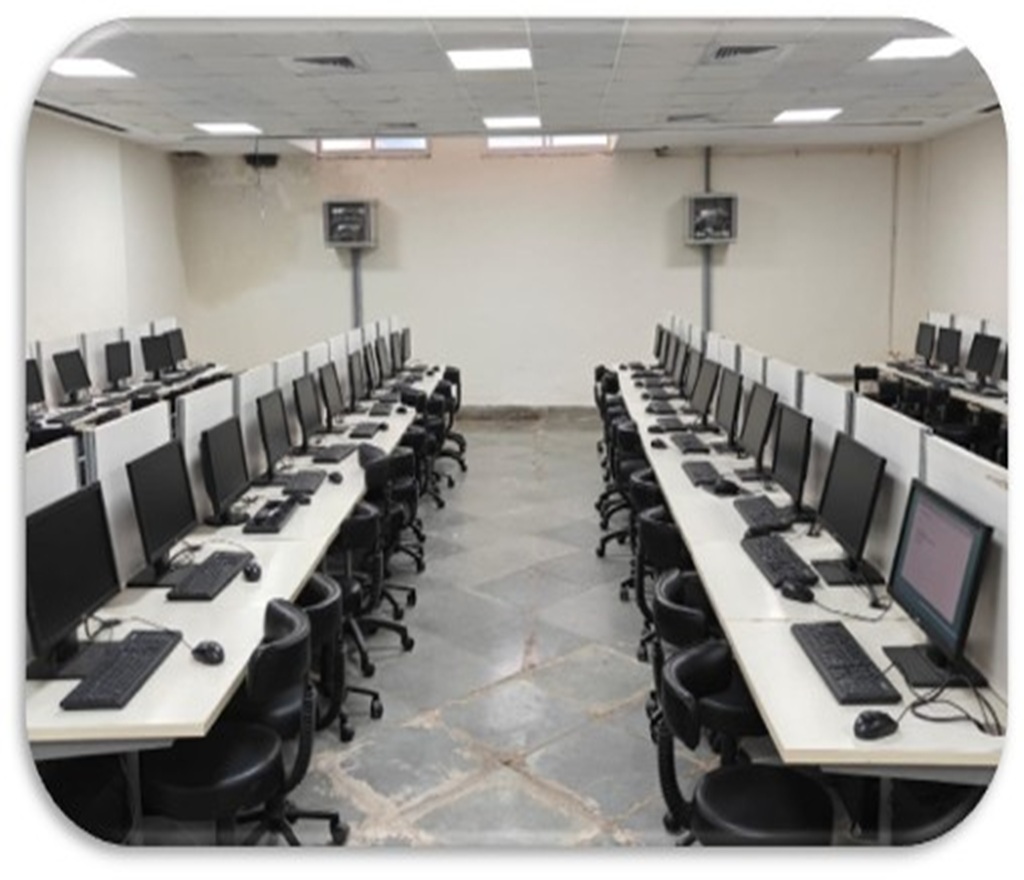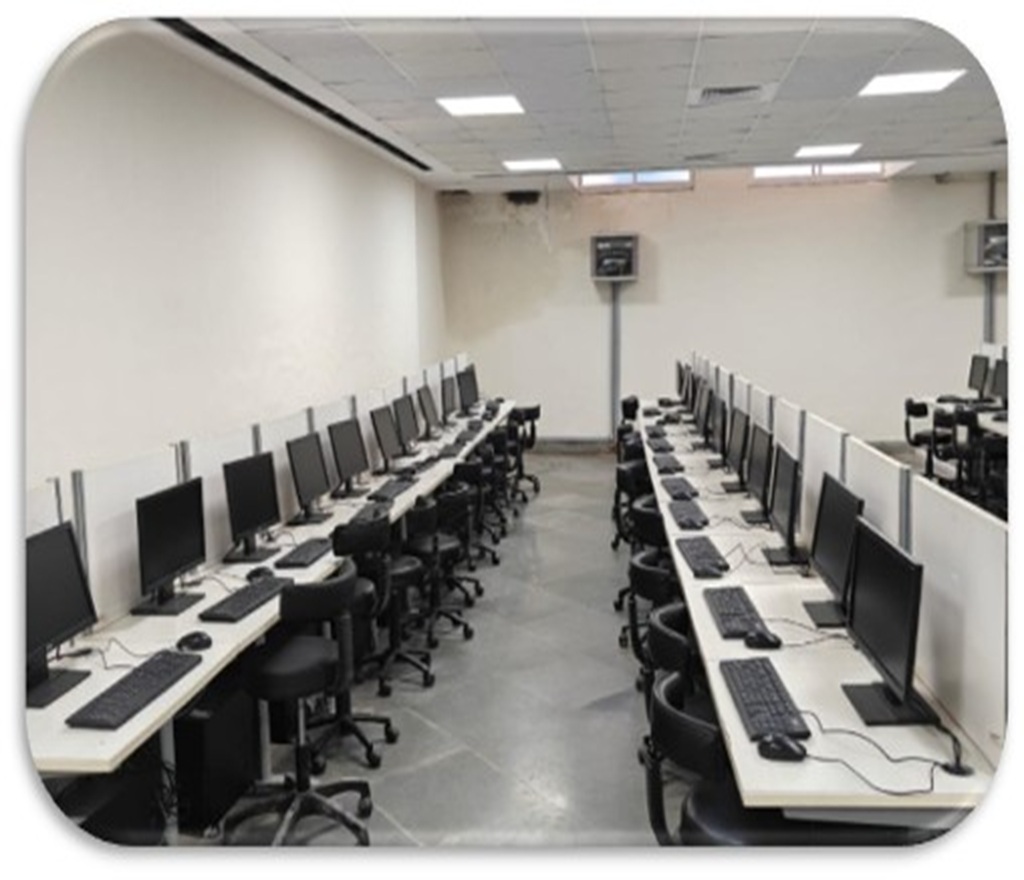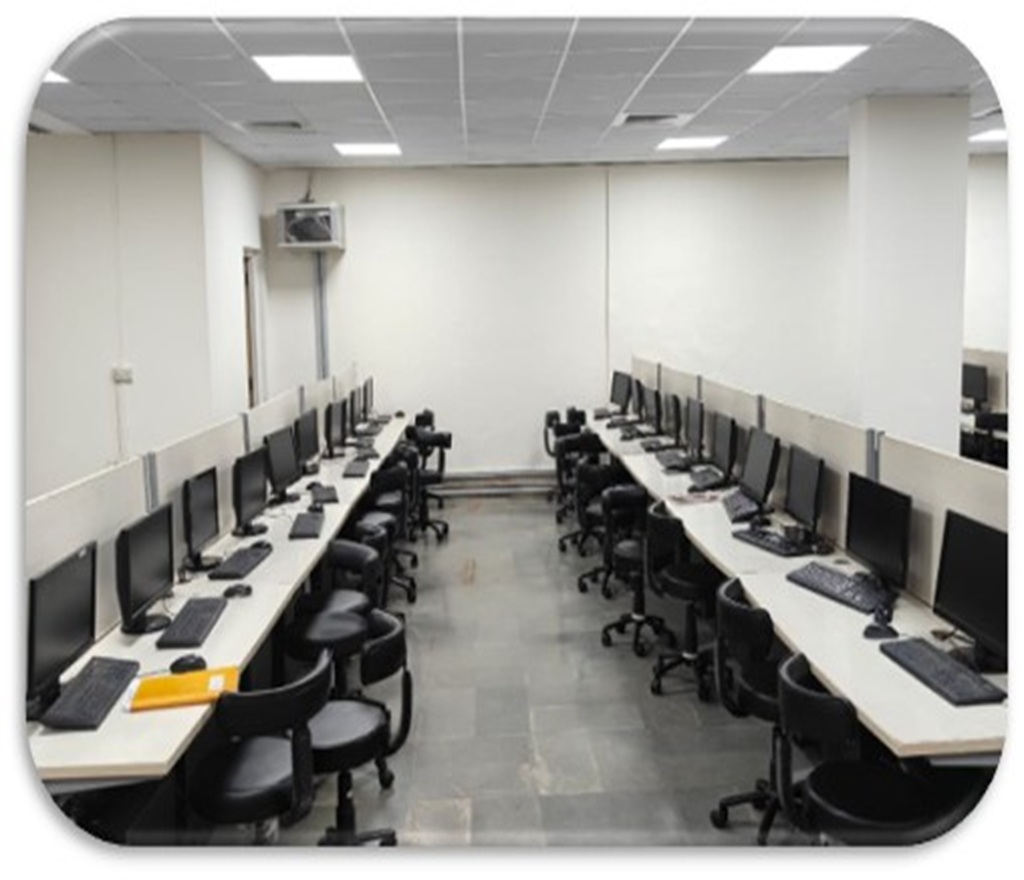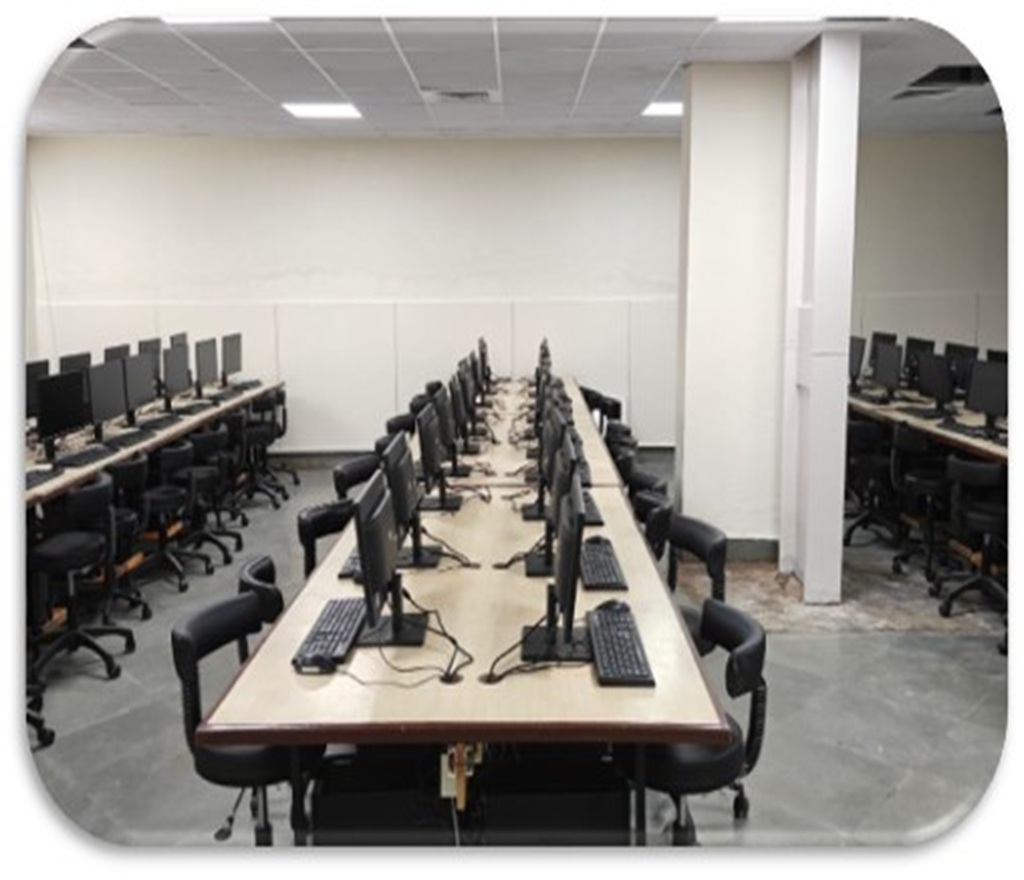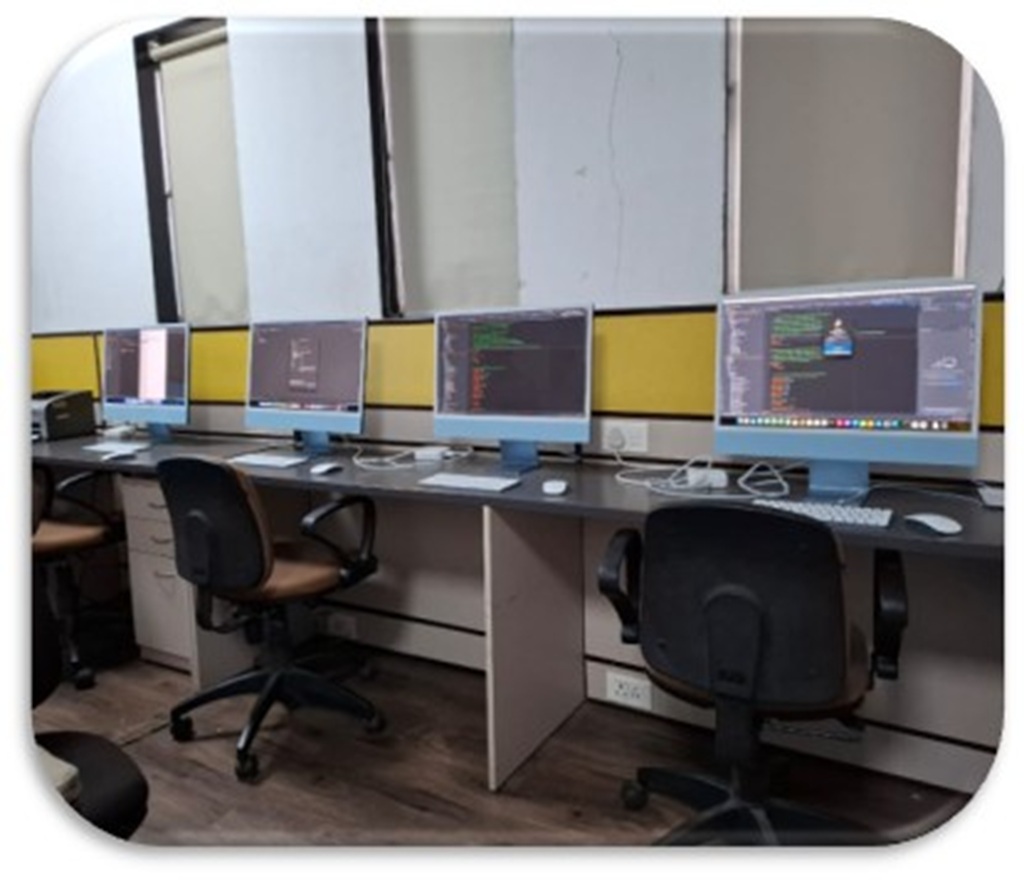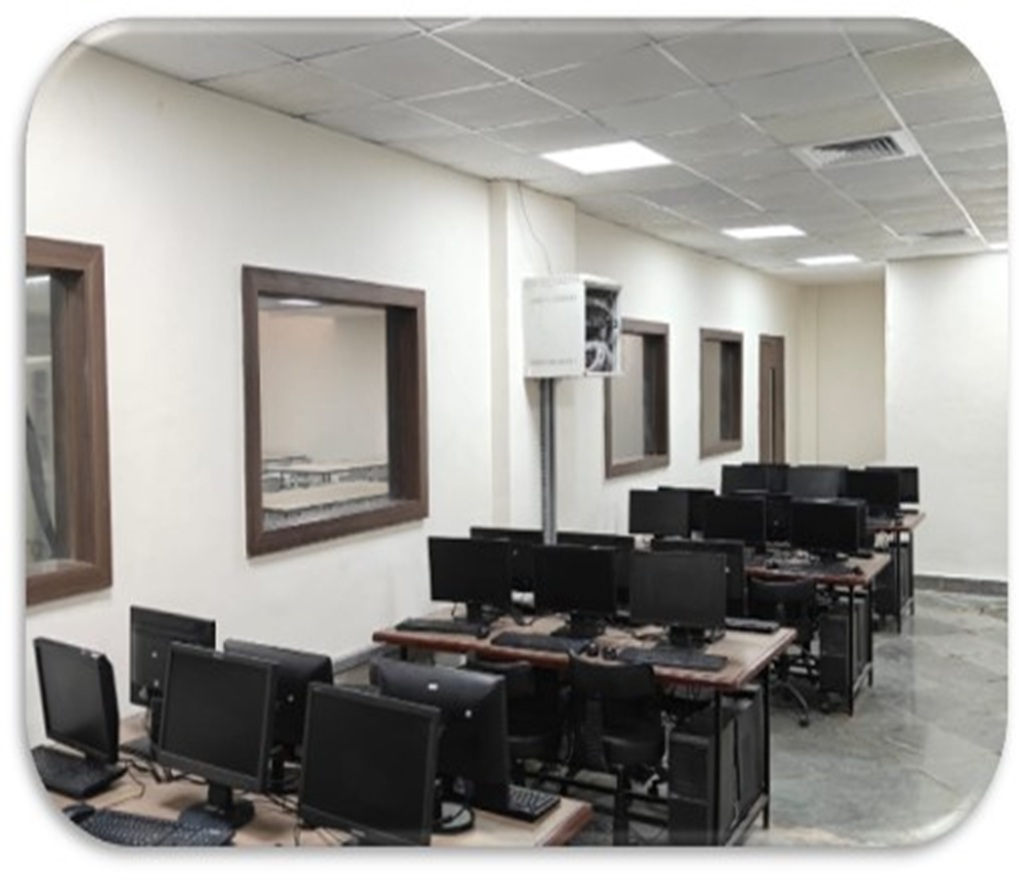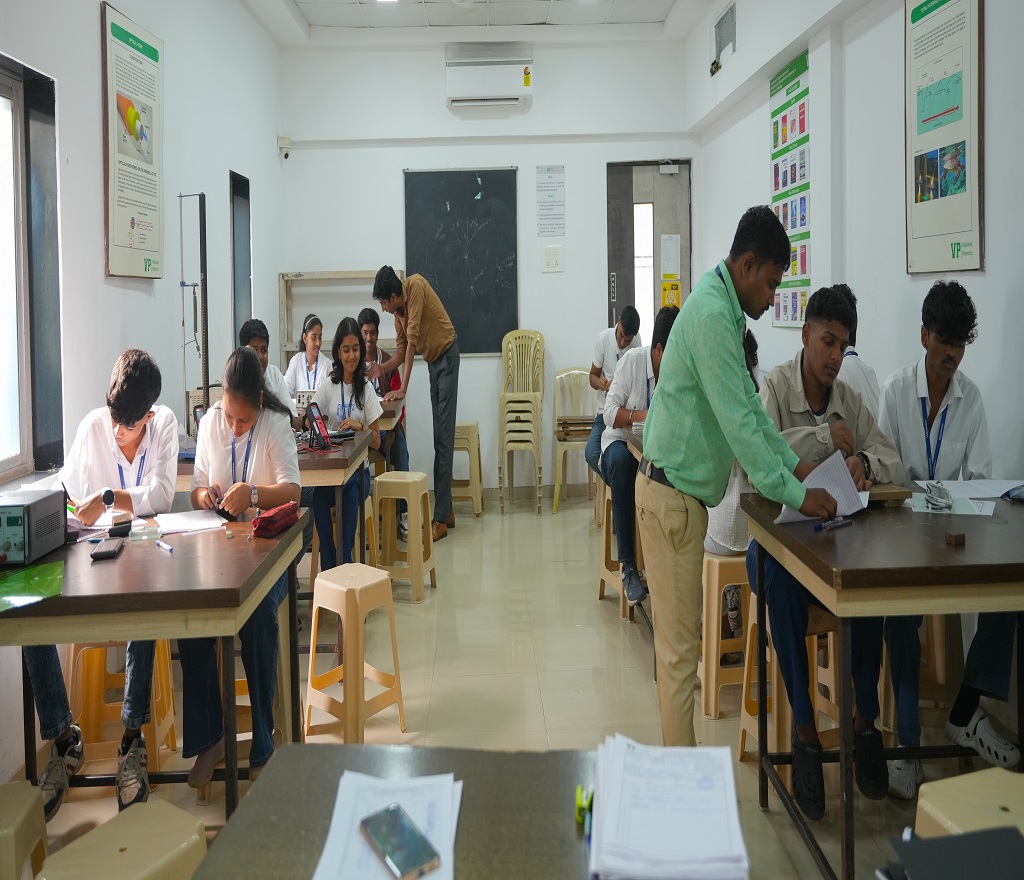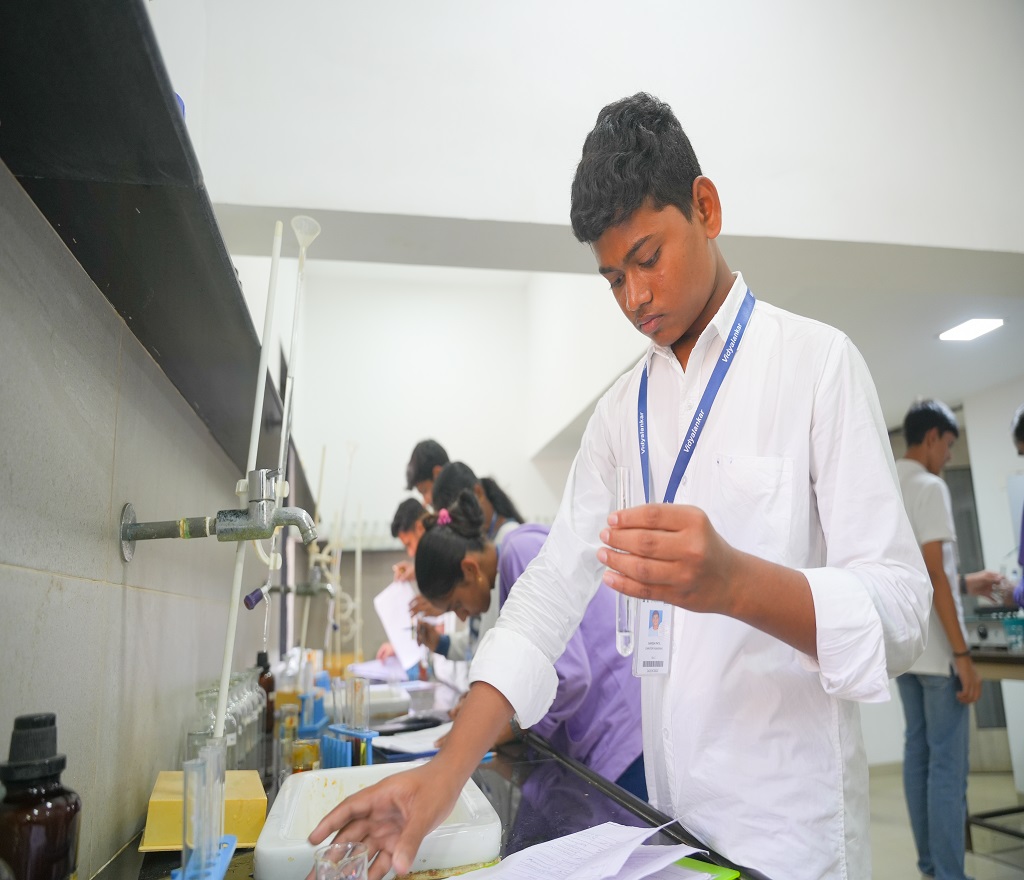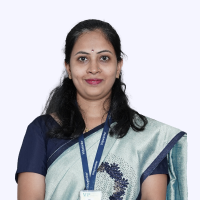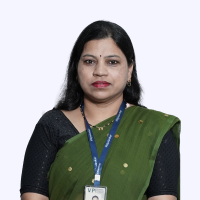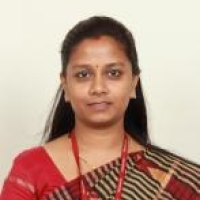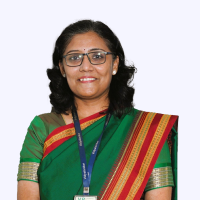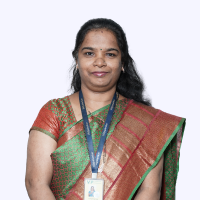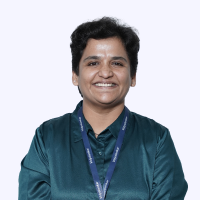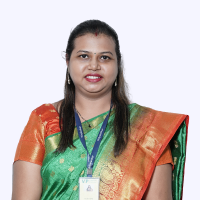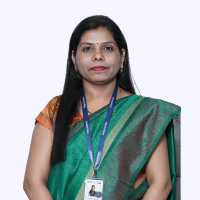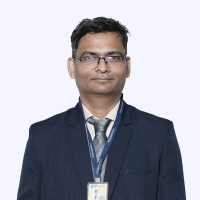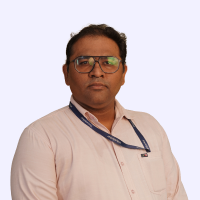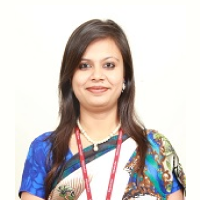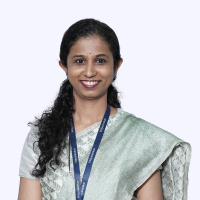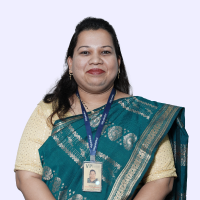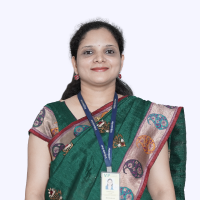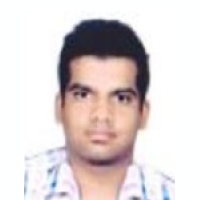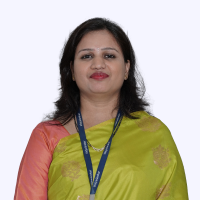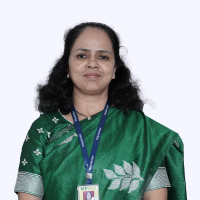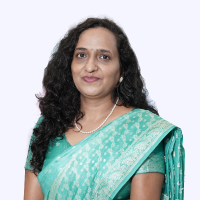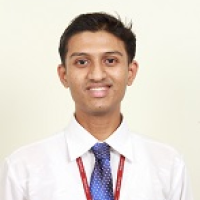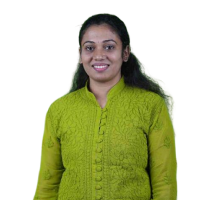information-technology
INFORMATION TECHNOLOGY
Information Technology, an undergraduate Diploma in Engineering program was initiated in the year 2002 with a sanctioned intake of 60 students(First shift). An intake of 60 students was sanctioned in 2008 as second shift. Later in 2009, an addition intake of 60 students(first shift) was sanctioned. Since that time, numerous students have gone on to take positions within academic institutions, the I.T field, and in industry.We give exposure of current trends in Information Technology to our students by inviting experts from industry. Beyond syllabus activities are conducted for the betterment of employment in academia, government, research, industry,and engineering positions. Various technical and non-technical forums provide an exposure to engineering concepts and technology.
Today’s dot.com age has led to the need to explore, capture, report and disseminate information. The information Technology Course re-iterates the fundamentals and explores the vast dimensions of the latest technologies, languages and IT platforms to ensure students obtain an enriching, innovative and knowledgeable learning experience.
Vidyalankar polytechnic’s Information Technology department offers a Three year undergraduate Diploma Engineering program in Information Technology affiliated to Maharashtra Board of Technical Education (MSBTE).
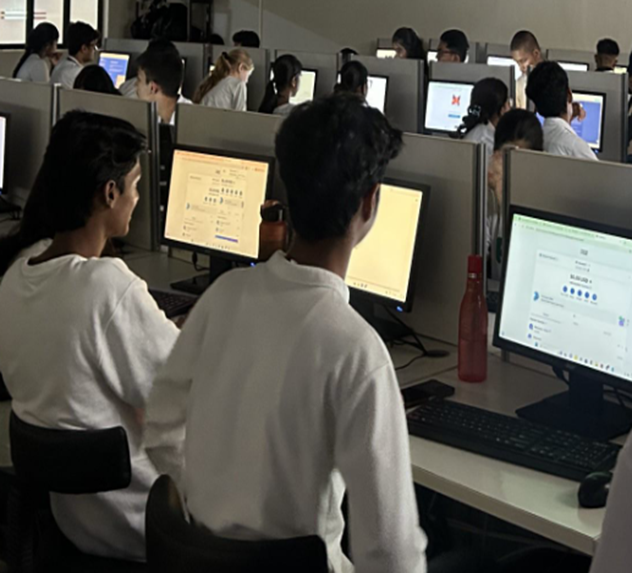
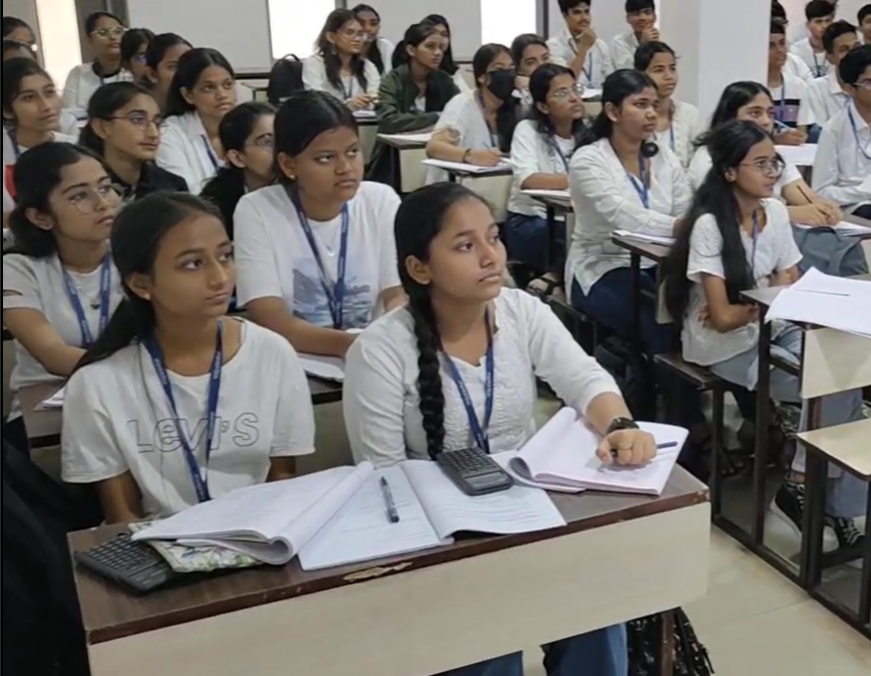
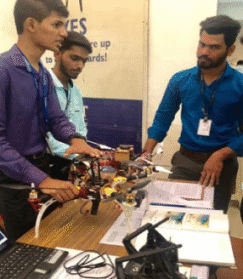
-
Information Technology
Intake:180
Duration: 3 Years

To become a leading center in the domain of Information Technology where learners are introduced to the concepts and implementation of technologies.
M1:Encouraging academic excellence and a passion for learning through the use of learner-oriented teaching methodologies.
M2:Providing an environment that inculcates ethics and effective soft-skills and focuses on the development of learners.
M3:Establishing and reinforcing a symbiotic institute-industry interface so that learners can gain exposure to real-life applications of Information Technology.
- PROGRAMME EDUCATIONAL OBJECTIVES
- PROGRAMME SPECIFIC OUTCOMES
-
PROGRAMME OUTCOMES

Provide socially responsible, environment friendly solutions to Information technology related broad-based problems adapting professional ethics.

Adapt state-of-the-art Information Technology broad-based techniques to work in multi-disciplinary work environments.

Solve broad-based problems individually and as a team member communicating effectively in the world of work.
Modern Information Technology: Use latest technologies for operation and application of information.
Information Technology Process: Maintain the information processes using modern information and communication technologies.
Basic and Discipline specific knowledge: Apply knowledge of basic mathematics, science and engineering fundamentals and engineering specialization to solve the engineering problems.
Problem analysis: Identify and analyse well-defined engineering problems using codified standard methods.
Design/ development of solutions: Design solutions for well-defined technical problems and assist with the design of systems components or processes to meet specified needs.
Engineering Tools, Experimentation and Testing: Apply modern engineering tools and appropriate technique to conduct standard tests and measurements.
Engineering practices for society, sustainability and environment: Apply appropriate technology in context of society, sustainability, environment and ethical practices.
Project Management: Use engineering management principles individually, as a team member or a leader to manage projects and effectively communicate about well-defined engineering activities.
Life-long learning: Ability to analyse individual needs and engage in updating in the context of technological changes.

Provide socially responsible, environment friendly solutions to Information technology related broad-based problems adapting professional ethics.

Adapt state-of-the-art Information Technology broad-based techniques to work in multi-disciplinary work environments.

Solve broad-based problems individually and as a team member communicating effectively in the world of work.
Modern Information Technology: Use latest technologies for operation and application of information.
Information Technology Process: Maintain the information processes using modern information and communication technologies.
Basic and Discipline specific knowledge: Apply knowledge of basic mathematics, science and engineering fundamentals and engineering specialization to solve the engineering problems.
Problem analysis: Identify and analyse well-defined engineering problems using codified standard methods.
Design/ development of solutions: Design solutions for well-defined technical problems and assist with the design of systems components or processes to meet specified needs.
Engineering Tools, Experimentation and Testing: Apply modern engineering tools and appropriate technique to conduct standard tests and measurements.
Engineering practices for society, sustainability and environment: Apply appropriate technology in context of society, sustainability, environment and ethical practices.
Project Management: Use engineering management principles individually, as a team member or a leader to manage projects and effectively communicate about well-defined engineering activities.
Life-long learning: Ability to analyse individual needs and engage in updating in the context of technological changes.
Diploma in Engineering course in effect provides an excellent foundation for specialization. Considering the plethora of education and carrier opportunities the course Diploma in Information technology course provides the best way forward for aspiring student. Information Technology Diploma holders can become self-employed and start their own business as technical professionals as they have requisite practical skills. We teach not only the technical aspects but also inculcate moral and ethical values.
FACULTY PROFILES
-

Qualification
UG: BE(EXTC)
PG: ME (EXTC)
Phd(EXTC)Teaching
16 Years
FACULTY CONTRIBUTION
26
International Publications
02
Developed Product
05
International Publications
06
Books Publications
Student Achievement

Smart Ambulance
The application proposed is an advanced solution for ambulance system. This project was developed to drive patients to nearest hospitals, information of blood donation camps and finding nearest hospitals. This project has two interfaces. The first is driver login, which will be used by the ambulance driver. The second is user (patients), which will be used by patients to request ambulance.
Achievements
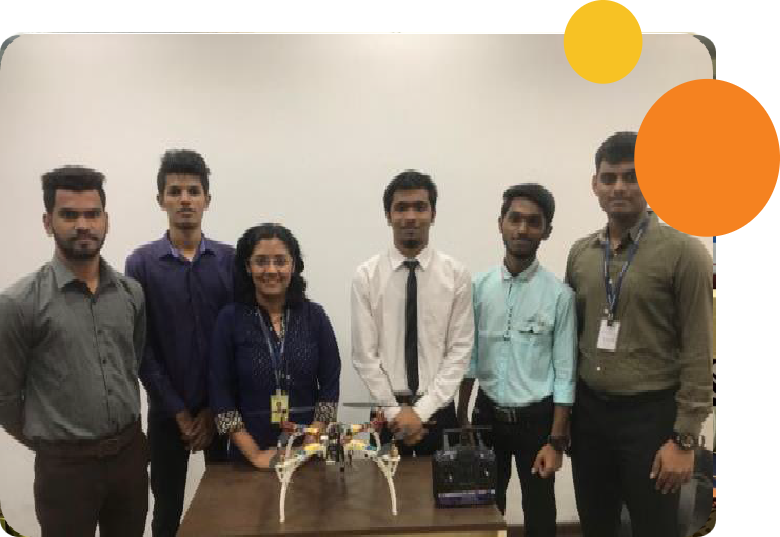
Drone
The goal of this project is to build, modify, and improve an existing quadcopter kit to obtain stable flight, gather and store GPS data, and perform autocommands, such as One key Return.
Achievements
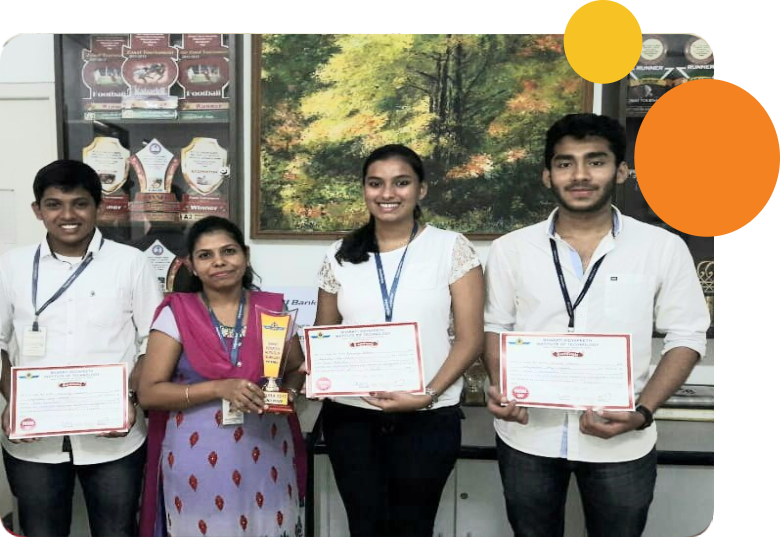
Home Automation using IOT
The Idea of the project is to design and Construct a home automation system which will remotely switch on or off any household appliances like light, fan, air conditioner connected to it, using Raspberry Pi (Project Board).Operations of remotely switching on or off can be performed via any device which is connected to the internet. Wireless Home Automation system(WHAS) using IoT is a system that uses computers or mobile devices to control basic home functions and features automatically through internet from anywhere around the world, an automated home is sometimes called a smart home.
Achievements
Top notch Laboratories
.The Department of Informatio Technology is a fast growing discipline and is of rigorous practical analysis. The department has well equipped Laboratories and logical reasoning is stressed in all practical applications. With highly talented faculty, the department boasts of a unique mode of learning, one that uses advanced aids for teaching.
All the laboratories are provided with Internet facility through broadband connectivity. This facility caters to the computing, information processing and multimedia requirements of the students and faculty of the department. All the laboratories are air conditioned.
